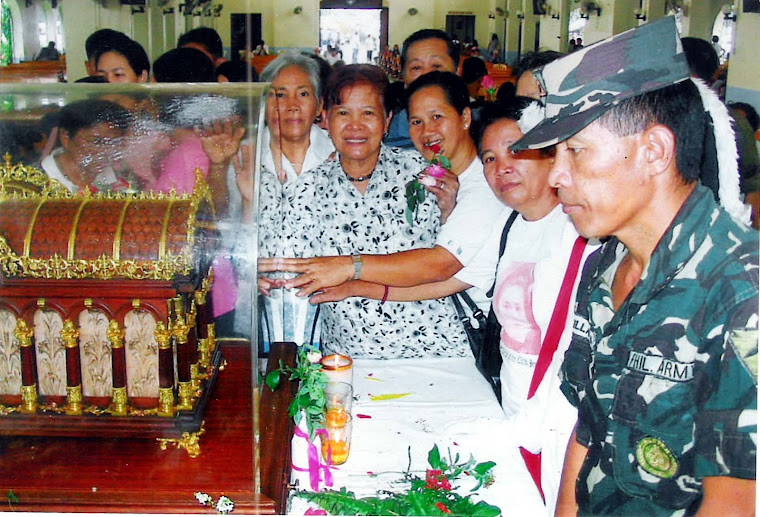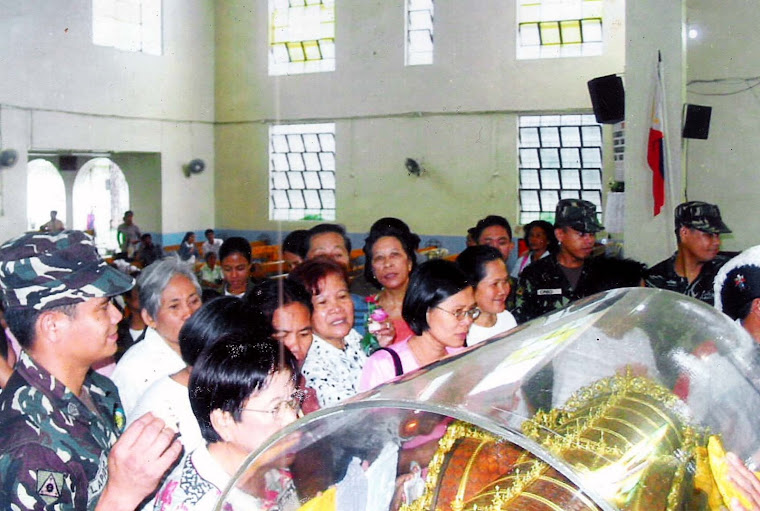
After many years of seclusion and prayer, he traveled to Gaul with 12 companion missionaries. They won wide respect for the rigor of their discipline, their preaching, and their commitment to charity and religious life in a time characterized by clerical slackness and civil strife. Columban established several monasteries in Europe which became centers of religion and culture.
Like all saints, he met opposition. Ultimately he had to appeal to the pope against complaints of Frankish bishops, for vindication of his orthodoxy and approval of Irish customs. He reproved the king for his licentious life, insisting that he marry. Since this threatened the power of the queen mother, Columban was ordered deported back to Ireland. His ship ran aground in a storm, and he continued his work in Europe, ultimately arriving in Italy, where he found favor with the king of the Lombards. In his last years he established the famous monastery of Bobbio, where he died. His writings include a treatise on penance and against Arianism, sermons, poetry and his monastic rule.
Quote:
Writing to the pope about a doctrinal controversy in Lombardy, Columban said: “We Irish, living in the farthest parts of the earth, are followers of St. Peter and St. Paul and of the disciples who wrote down the sacred canon under the Holy Spirit. We accept nothing outside this evangelical and apostolic teaching.... I confess I am grieved by the bad repute of the chair of St. Peter in this country.... Though Rome is great and known afar, she is great and honored with us only because of this chair.... Look after the peace of the Church, stand between your sheep and the wolves.”
http://www.americancatholic.org/Features/SaintOfDay/default.asp?id=1210























No comments:
Post a Comment